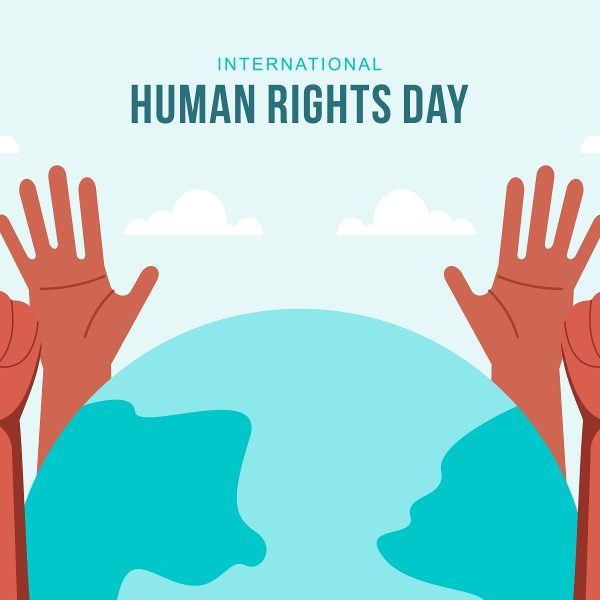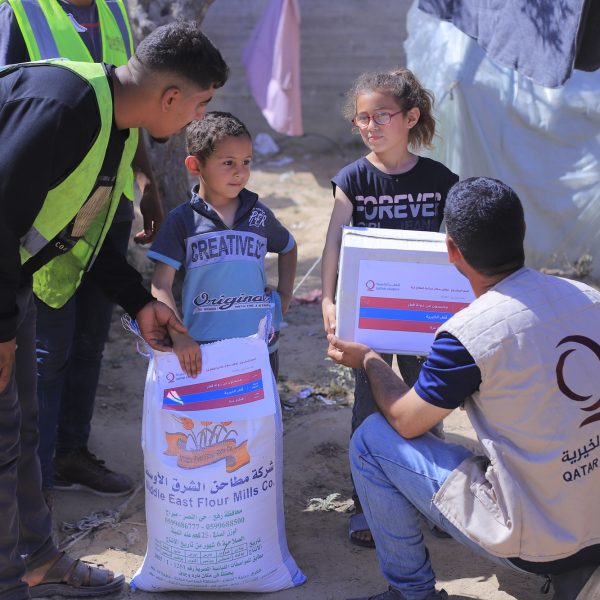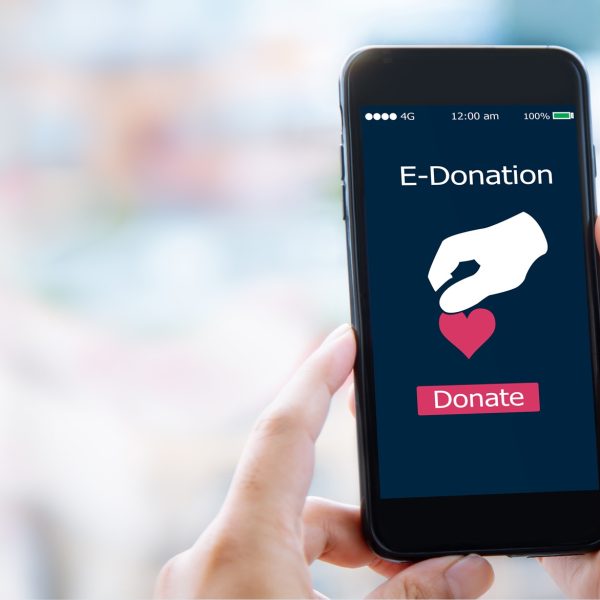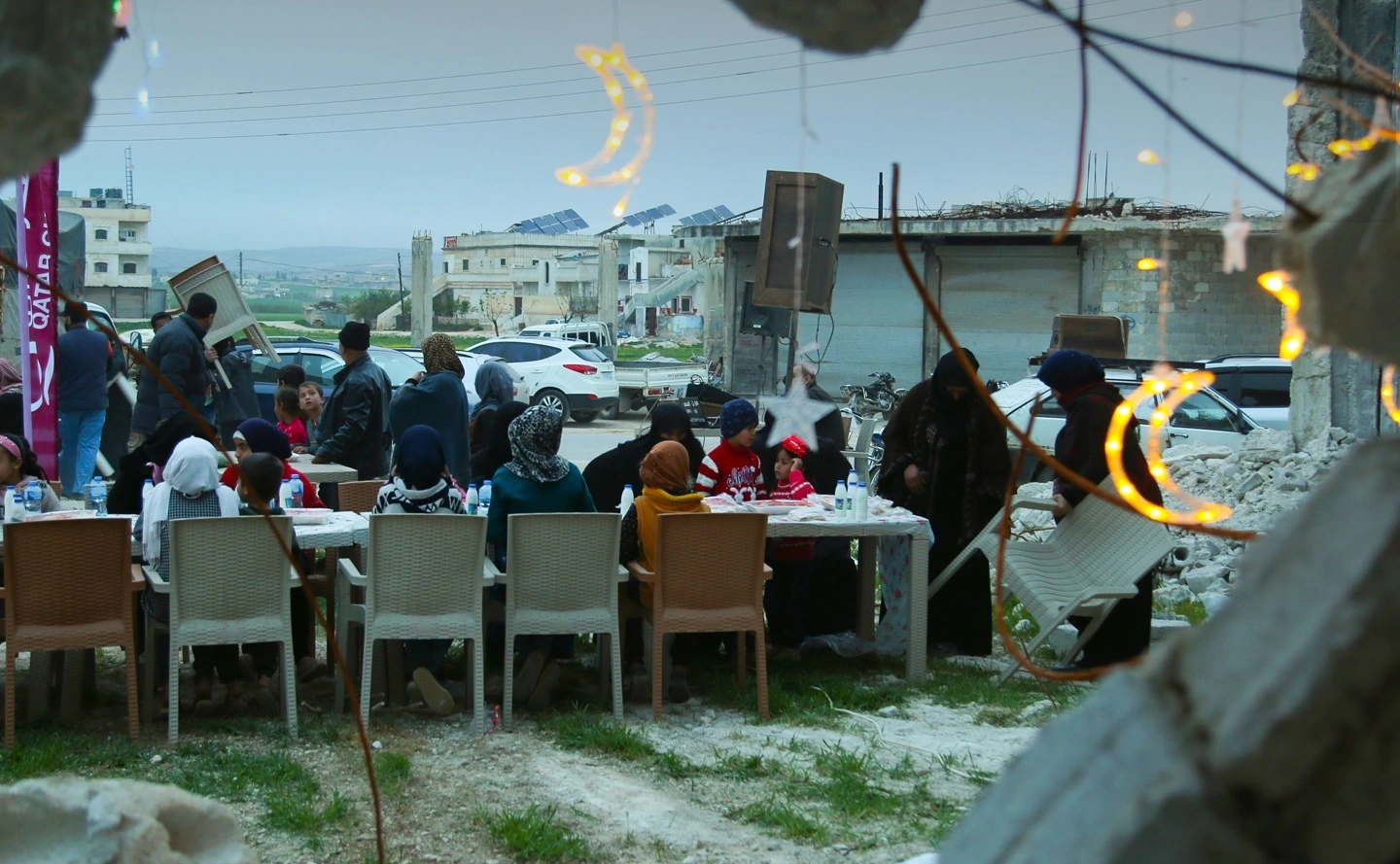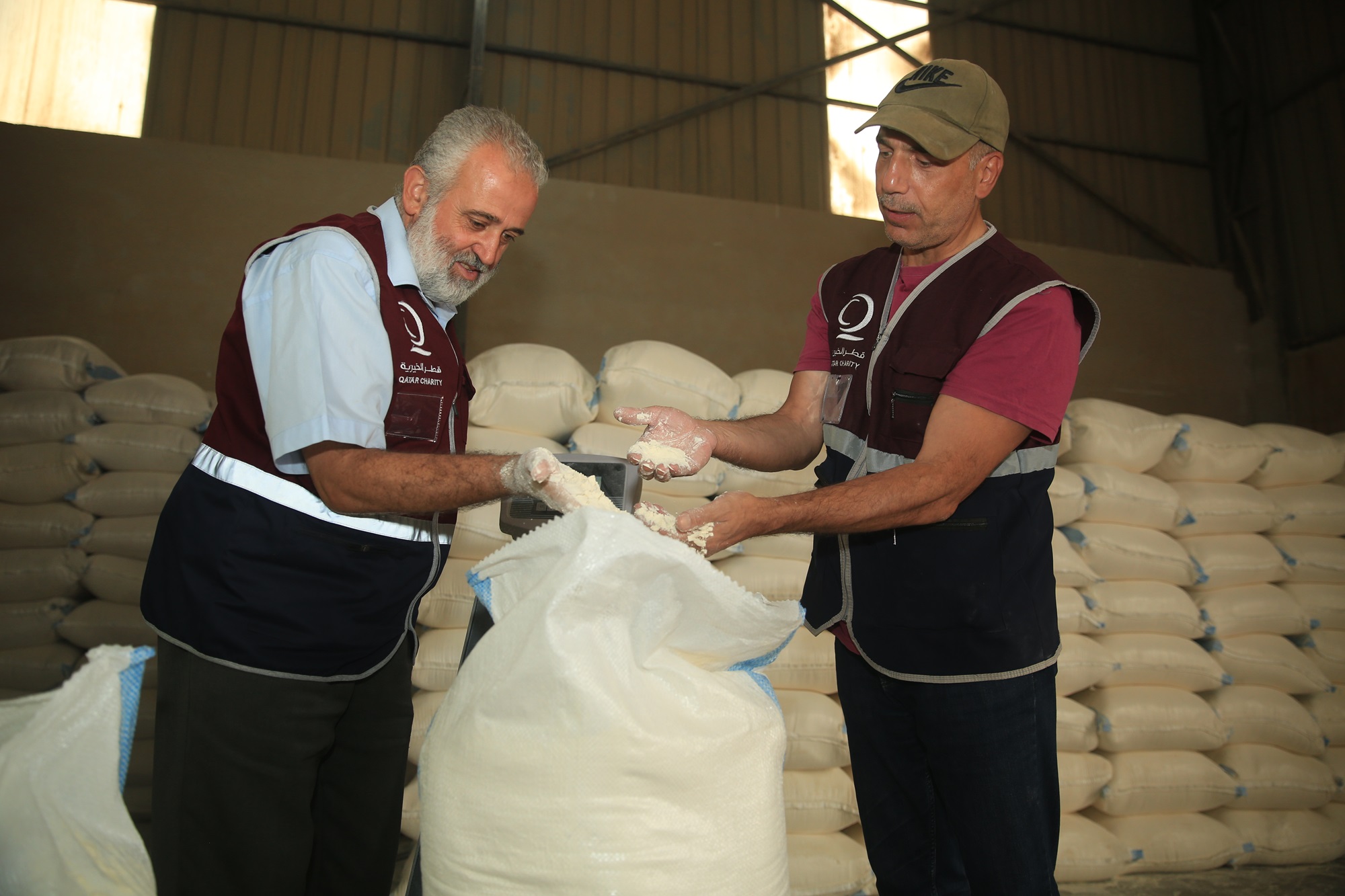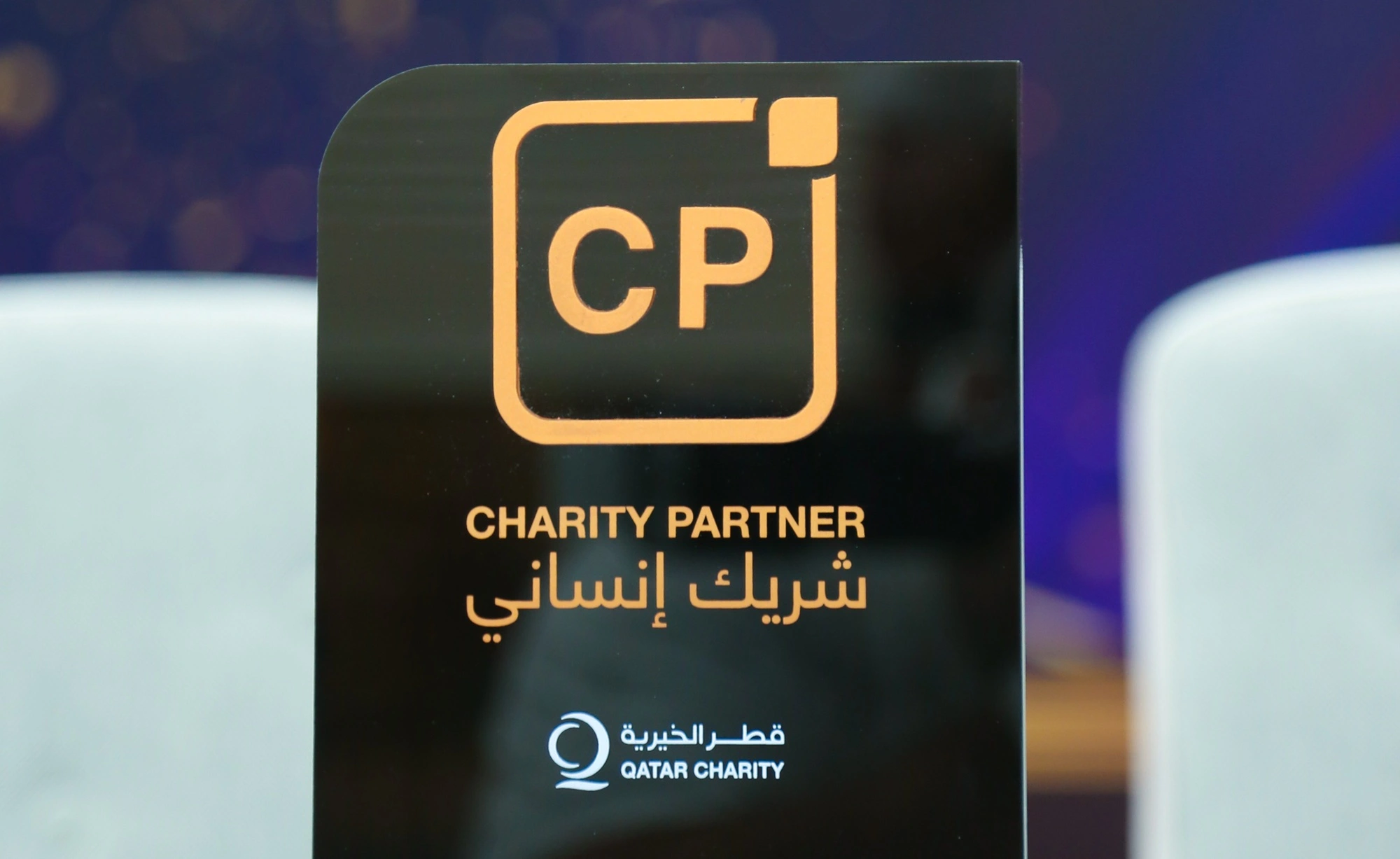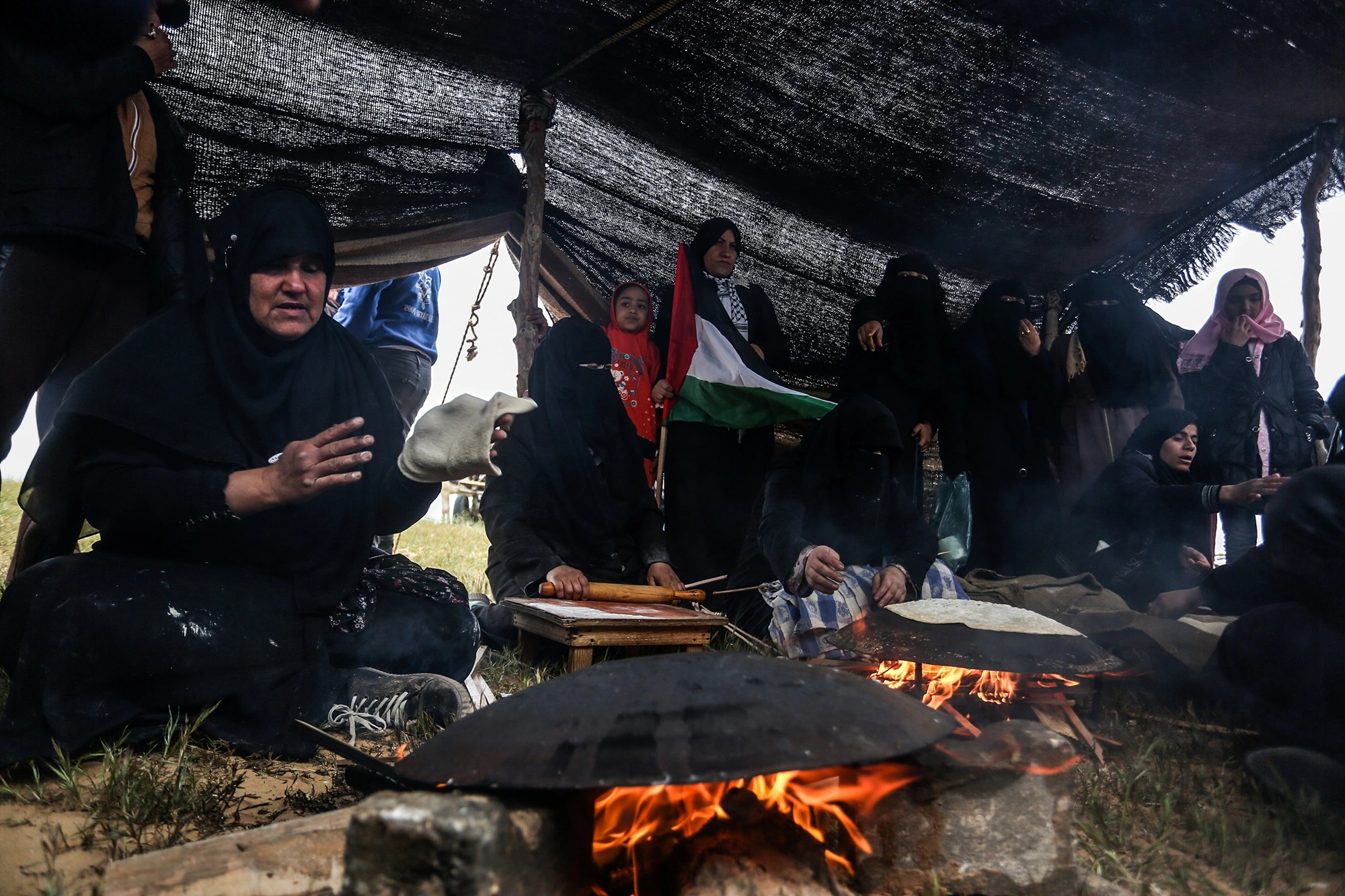The hindering of life-saving relief into the Gaza strip in the early onset of the war that broke on the 7th of October is not an isolated incident in the role of politics and power in humanitarian aid delivery.
Humanitarian aid, in its essence, transcends boundaries of geography, politics, race, faith, and gender. However, in an increasingly polarized world with constantly shifting alliances and conflicts and with states running out of pressure tools, humanitarian aid has been added to the political tools used to advance political interests, strengthen alliances, and weaken opponents.
This is not to say that all political considerations tied to aid are corrupt. In some cases, donor countries tie their aid to the advancement of democracy, fair elections, and the establishment of political systems with more than one party. This served to pave the way for major states to hold their first democratic elections in the 1990s and proved in the interest of the entire international community.
Sadly, in most cases, politicization is not always intended for the betterment of humanity as a whole, and integrating aid into the broader political goals has caused a crisis of legitimacy for NGOs.
A case in point is the blockade that was imposed on the State of Qatar in 2017 by four neighboring countries and the subsequent simultaneous blacklisting of many of its humanitarian agencies, including Qatar Charity. The designation was denied by the UN spokesperson and was qualified by Alena Douhan, the United Nations Special Rapporteur on the Negative Impact of Unilateral Coercive Measures on the Enjoyment of Human Rights as a way to ‘stifle peaceful and non-violent activities’ and urged the blockading countries to ‘review the definition of terrorism and terrorism financing in their laws and bring it into line with international human rights norms.’
To address the issue of NGO legitimacy in light of the politicization of humanitarian aid, more needs to be done to protect NGOs from getting caught in the crosshairs of geopolitical tensions and rivalries. Donor conditions need to be aligned with international standards and need to be more predictable with multi-year funding. In addition, more must be done to protect NGOs that hold high transparency and accountability standards from claims of misuse of funds, terrorist financing, and promotion of any given political agenda. This has become a straightforward narrative that has blocked aid in many contexts, such as Gaza, the West Bank, Somalia, Afghanistan, and many more. In the meantime, while these pressure cards are being played, vulnerable communities remain mere pawns.


